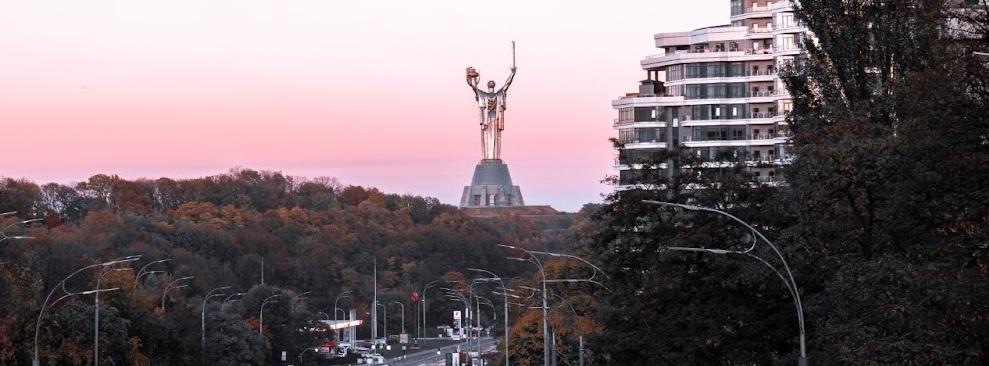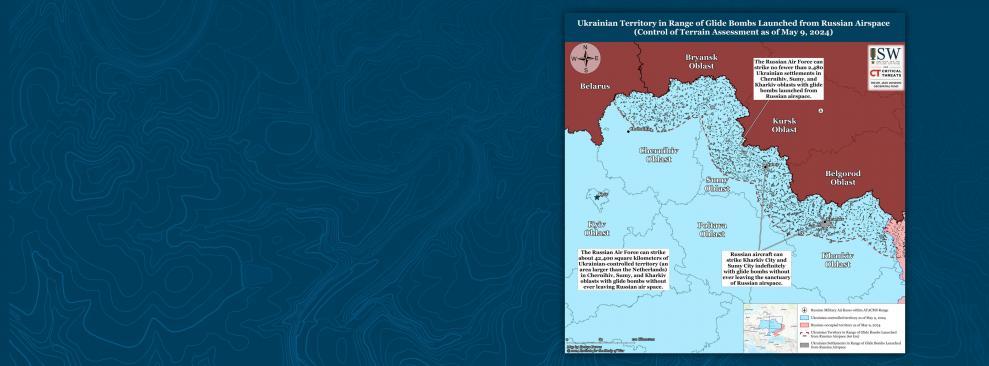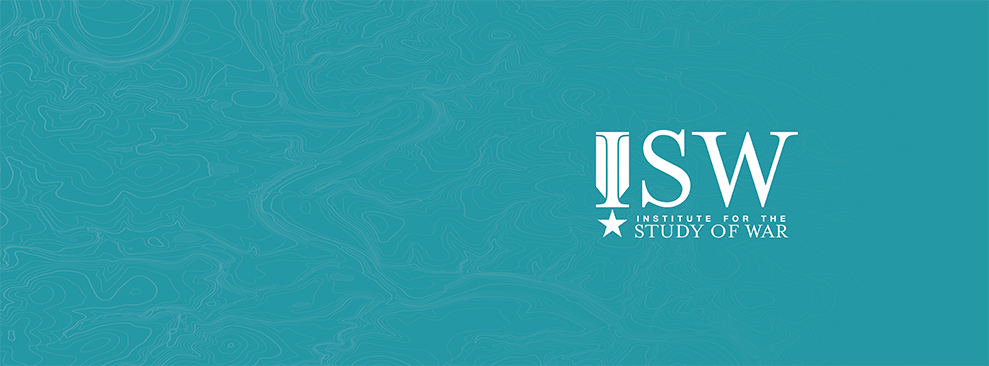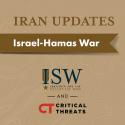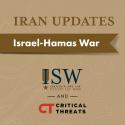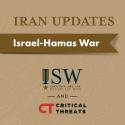Iran Update, July 8, 2024
Jul 8, 2024 - ISW Press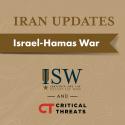
Iran is expanding its domestic drone and missile production capacities, which would enable further Iranian military support to Russia and the Axis of Resistance. Reuters, citing commercially available satellite imagery, reported on July 7 that Iran has expanded two defense industrial sites outside Tehran City in recent months.


